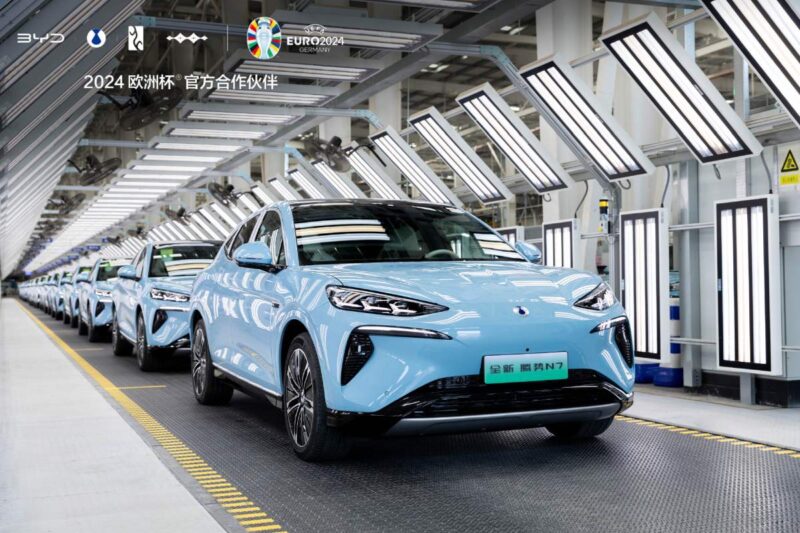The media reports of the Federal Chamber of Automotive Industries (FCAI) car sale numbers suggested a reduced share of the new car market for electric vehicles in March – down to 9.5% in March from 9.6% in February, despite another month of total sales of more than 10,000.
It was entirely in keeping with prevailing stories in mainstream media that EV sales are down. But they were wrong.
The two specialist EV makers operating in Australia, Tesla and Polestar, have both resigned from FCAI and so Polestar has already stopped reporting their sales numbers to the FCAI, while Tesla will stop reporting sales in June.
But, this means Polestar numbers were not included in the FCAI “Vfacts” data. Including Polestar sales numbers, Australia’s electric vehicle sales in March were 10,548 EVs, which is 9.62 per cent of total sales. That’s up from 9.61 per cent in February when 10,088 EVs were sold – not a huge gain in percentage terms but a gain nonetheless.
Meanwhile, the FCAI claim of “record car sales for the month of March” is the result of the combined sales of petrol, diesel, hybrids and electric vehicles. If you discounting BEVs and hybrids sales (graph below) off the list, then Australian ICE car sales are not setting records, but are static.

Indeed, dealers are saying elevated vehicle sales overall are still the result of fulfilling long-held backorders mostly for ICE and hybrid vehicles, with EV supplies mostly being met in a shorter time.
In particular, record sales of RAV4 lifted it to second spot on vehicle sales chart for March – but 95% of those March RAV4 sales were hybrids, with fulfillment of sales from actually back orders from months or years ago.
With Tesla and Polestar no longer reporting sales numbers to FCAI, the VFACTS reporting will no longer be representative of a major segment in Australia – electric vehicles!
Unrepentantly, FCAI used its industry status report to once again beat up on Australia’s newly announced National Vehicle Emissions Standards, while failing to report on the whole industry.

As an industry body that was once particularly geared to car makers in Australia, FCAI now only represents car importers. FCAI says its concern about “the speed and magnitude” of the proposed vehicle emissions standards relate to its impact on manufacturers – but they already make and sell fuel-efficient cars elsewhere in the world.
Indeed, considering the adage you can’t manage what you don’t measure, I would strongly urge climate and energy minister Chris Bowen ought be putting a request to the ABS to return to reporting car data in Australia to ensure full industry coverage, which ended in 2021, leaving data collection to this industry body.


